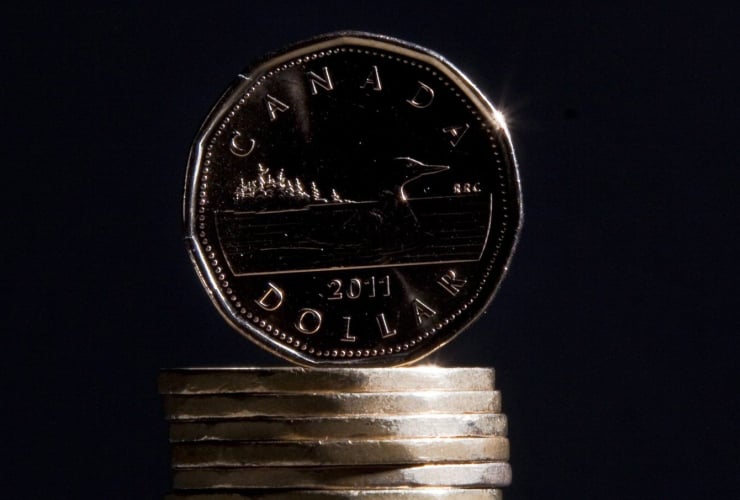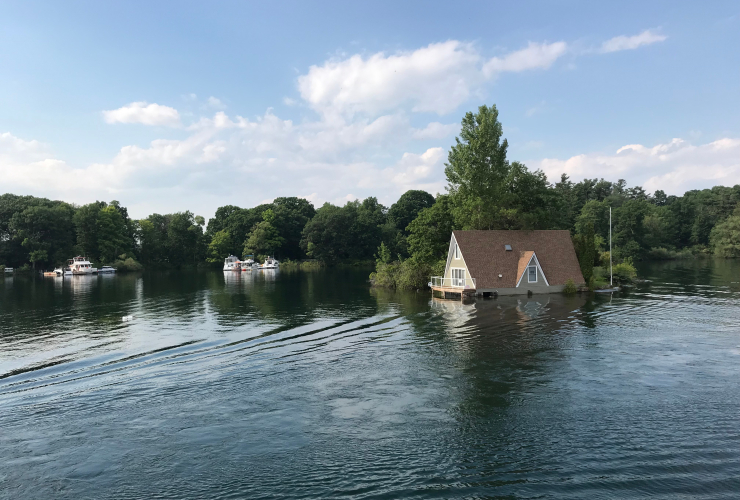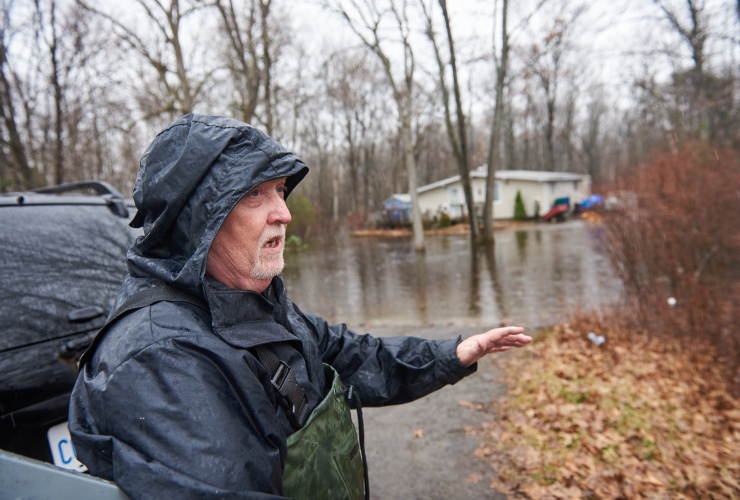One small solar panel started big East Coast dreams for energy self-sufficiency
Drew Bernard, the ambitious young energy leader from Lennox Island First Nation, graduated from community college with a mission to make his nation energy self sufficient. Now, the community of about 400 people is working toward large-scale renewable projects, a revamped greenhouse and a major retrofit campaign on every house.


















